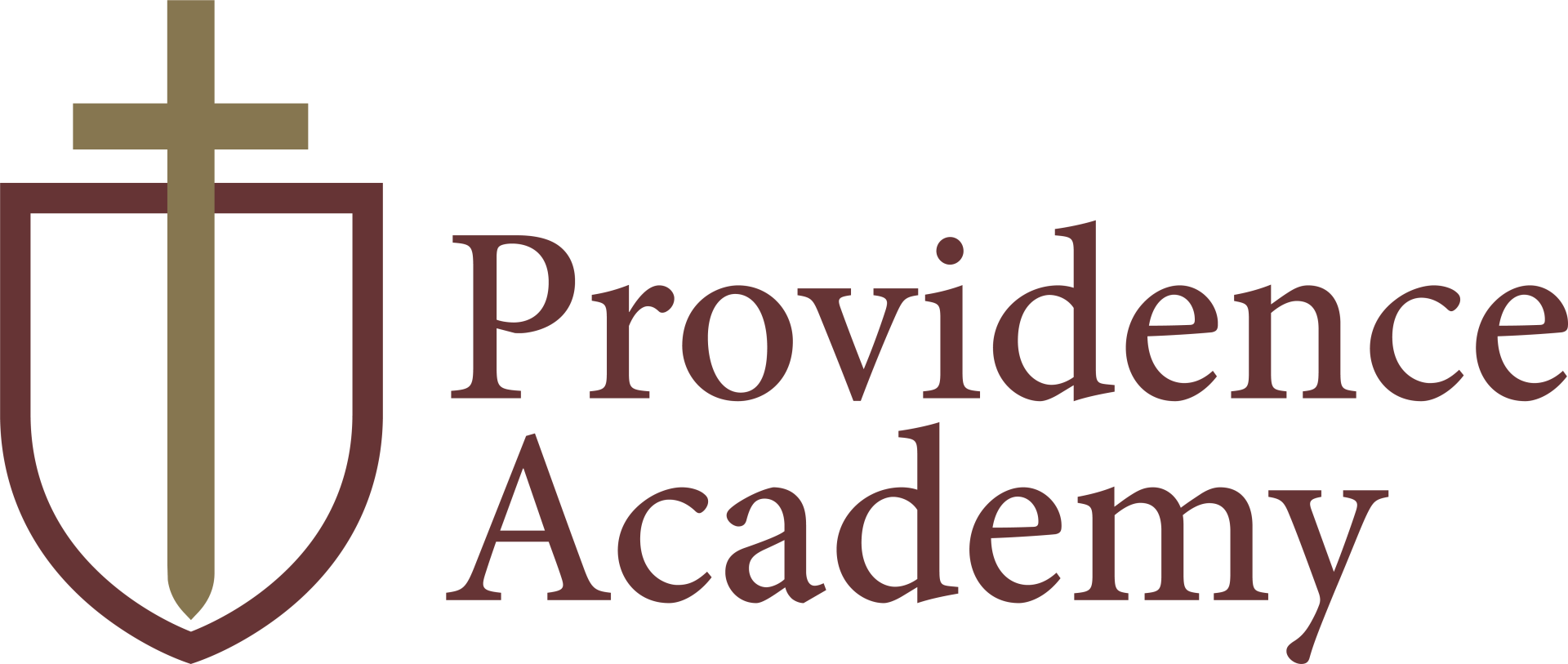Christ-centered
Paul the Apostle states that “all things were created through him and for him” (Col. 1:16). With this conviction, our teachers and curriculum aim to help students see that God has something to say about every subject, skill, idea, or activity they study and practice. The glory and enjoyment of Christ is our ultimate desire, and the love of Christ unites us together in joyful fellowship.
Discipleship-focused
Following Christ includes not only having knowledge about him, but also becoming more like him and enjoying him. Through avenues such as Bible classes, chapels, retreats, and our discipleship program, students learn practical ways to model their lives after Jesus and experience him through Scripture and the spiritual disciplines.
Classically-informed
Rooted in the liberal arts tradition, teachers guide students to seek truth, goodness, and beauty while honing critical thinking, careful reading, and persuasive speaking. Classical methods like Socratic dialogue, debate, and presentations deepen their learning. As a capstone, seniors complete a thesis, researching, presenting, and defending their work before faculty, board members, and the community.
Our Mission
Providence Academy partners with parents to equip students to develop spiritual maturity and achieve academic excellence through a biblically-based, Christ-centered, classical education, so they will think and live in a manner which brings glory to God.
Our Philosophy & Purpose
Providence Academy was established as a private Christian school committed to providing a classical and biblically-based education to young people in primary and secondary grade levels. Education at Providence Academy is intended to be inherently different in philosophy and content from the education offered in state schools. We strive to operate as an extension of the family under the assumption that the education of young people is the responsibility of parents and their immediate family rather than the responsibility of the state. PA provides a biblically-based curriculum and teaches all subjects as parts of an integrated whole with the Scriptures at the center.
In conjunction with the biblical emphasis, PA strives to follow a classical and Christian education, as described in Dorothy Sayers’s essay “The Lost Tools of Learning” and Douglas Wilson’s book Recovering the Lost Tools of Learning.

